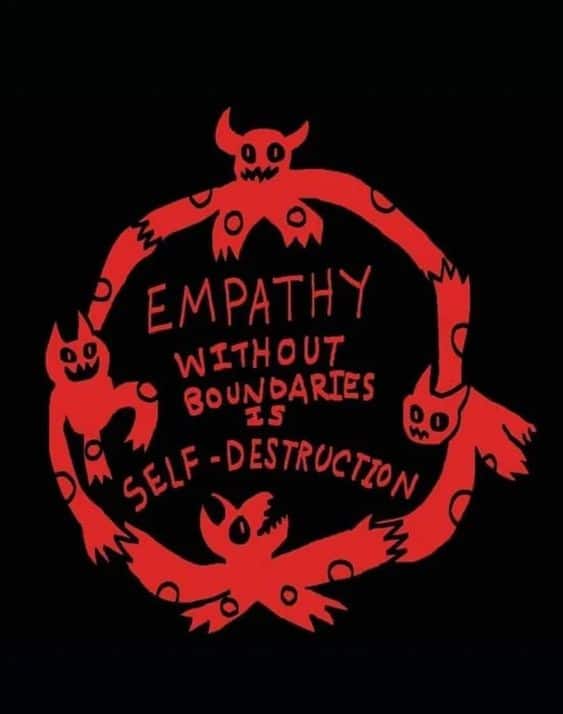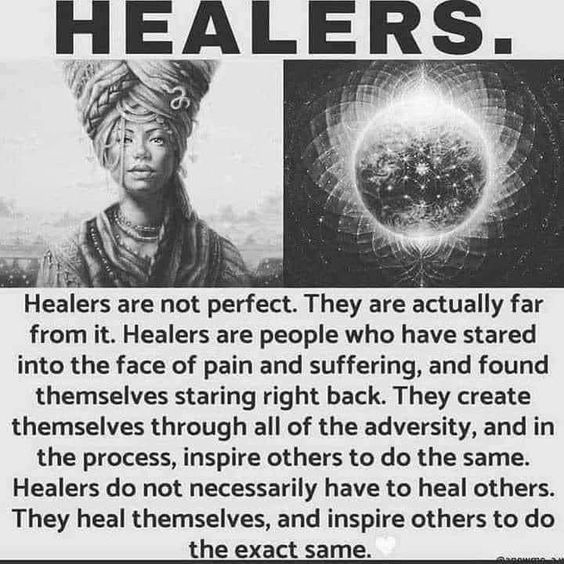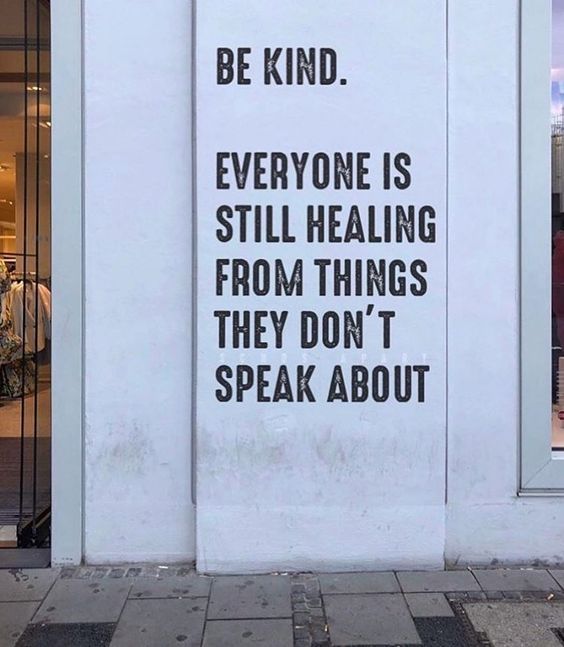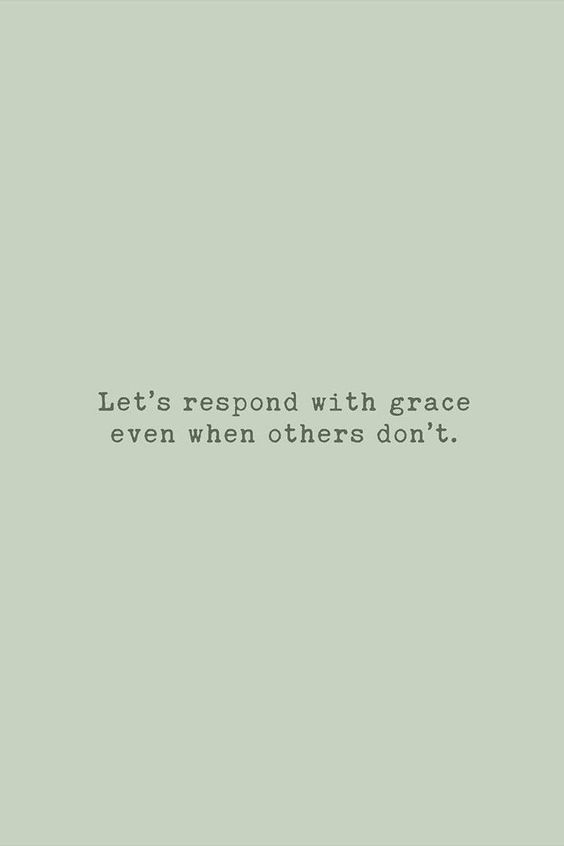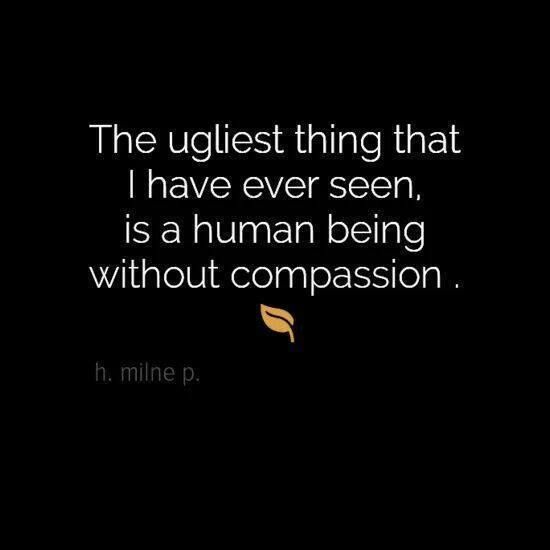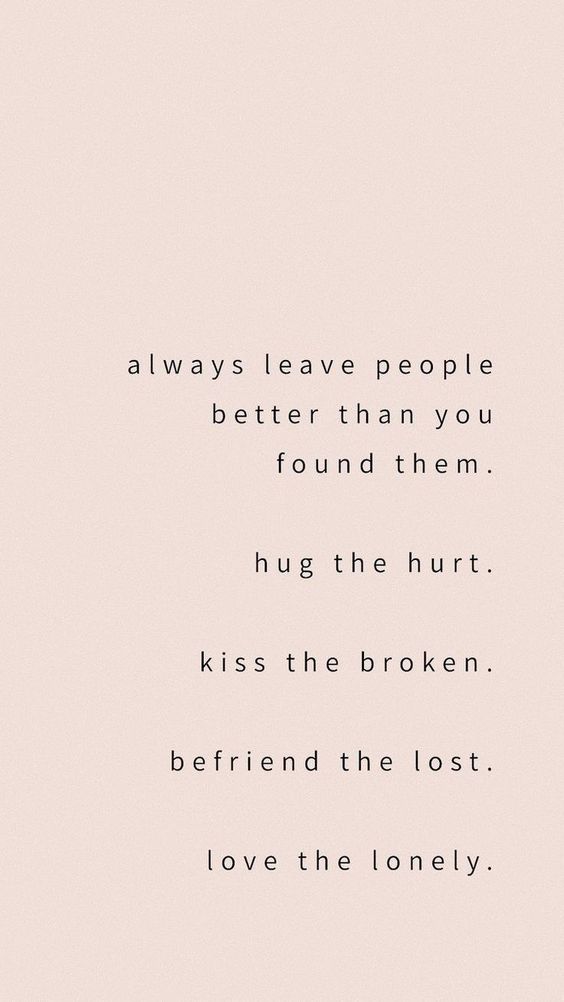“When we remember that the people we stumble
into on a day-to-day basis are all
just works-in-progress, it gives us permission to have
greater patience, compassion and love towards
them. Not unlike ourselves, they’re trying to pilot
the plane while they build it. They’re learning as they
go. Failing more often than succeeding.
And, at times, finding themselves desperately
close to giving up. If we have one single
responsibility as humans, it’s to love (or at the
very least respect) one another through this
work-in-progress. It’s being empathetic
to the fact that nobody is exactly who they want to be,
nor where they want to be, but they’re working
like hell to get there.”
Cole Schafer (January Black), One Minute, Please? (Page 21)
“The overuse of the words toxic and narcissist not only show that there is a lack of compassion in how we deal with each other, but also that it is becoming trendy to expect each other people to not make any mistakes. There are obviously people out there who have caused harm, but we have to make sure that we find a healthy middle path where we create safe spaces for ourselves without expecting perfection from everyone we encounter.”
Yung Pueblo
“Like sympathy, compassion begins with feeling bad for someone. But instead of simply wanting the person’s suffering to go away, compassion involves someone who is willing to suffer alongside that person so that they may overcome their challenges. Sympathy is sending flowers and a card to a friend when a parent dies. Compassion is driving to their house and holding them as they cry. Sympathy is letting a screaming child have that toy they want so they’ll stop screaming. Compassion is letting them cry because you know they will be better off once they understand that they can’t always get what they want. Sympathy is changing your profile picture on social media for whatever the new cause du jour is. Compassion is actually giving time or money to victims, listening to their stories, helping them rebuild their lives.”
Mark Manson
“All other arguments against meat eating, no matter how strong they are are meaningless in relation to the fact that animals have the same life spirit that exists in us. We should feel that by taking an animal life we commit something close to suicide. No other argument against meat eating is necessary for those who have this inner feeling.”
Leo Tolstoy, A Calendar of Wisdom (Page 240)
“When the suffering of another creature causes you to feel pain, do not submit to the initial desire to flee from the suffering one, but on the contrary, come closer, as close as you can to him who suffers, and try to help him.”
Leo Tolstoy, A Calendar of Wisdom (Page 214)
“Often the hurt that weighs you down functions as a wall that stops you from fully engaging with the present moment. Unprocessed hurt also limits the flow of compassion because too much of our energy is focused on surviving one day at a time – this directly hinders the ability to deepen interpersonal connections.”
Yung Pueblo
“Do not raise your hand against your brother, and do not spill the blood of any living creatures who live on earth, neither human beings nor pets nor wild animals nor birds. In the depth of your soul some divine voice stops you from spilling this blood. There is life in it. You cannot return this life.”
Alphonse Lamartine, A Calendar of Wisdom (Page 184)
“A wise man was asked, ‘Is there a single word which you can follow throughout all your life?’ And the wise man answered, ‘There is such a word. This is shu.’ And the meaning of this word is, ‘If we do not want certain things to be done to us, we should not do such things to others.'”
Chinese Wisdom, A Calendar of Wisdom (Page 152)
“Compassion for animals is so closely connected with kindness that you can truly say that a person cannot be kind if he is cruel to animals. Compassion for animals comes from the same source as compassion toward people.”
Arthur Schopenhauer, via A Calendar of Wisdom (Page 139)
“Now that I’m suffering, I feel closer to people who suffer than I ever did before. The other night, on TV, I saw people in Bosnia running across the street, getting fired upon, killed, innocent victims… and I just started to cry. I feel their anguish as if it were my own. I don’t know any of these people. But—how can I put this?—I’m almost… drawn to them.”
Morrie Schwartz, via Tuesdays With Morrie (Page 50)
“All living creatures fear pain and death. Try to understand yourself in every living creature: do not torture and do not kill. Stop suffering and dearth. All living creatures want what you want; all living creatures praise their lives.”
Dhammapada, A Calendar of Wisdom (Page 82)
“The killing and eating of animals is a prejudice accepted by those who think that animals were given to people by God to eat, so that there is nothing wrong in killing them. This is not true. It may be written in some books that it is not a sin to kill an animal, but it is written in our own hearts more clearly than in any books—that we should take pity on animals in the same way as we do on each other. And we all know this, if we do not deaden the voice of our conscience inside of us.”
Leo Tolstoy, A Calendar of Wisdom (Page 64)
